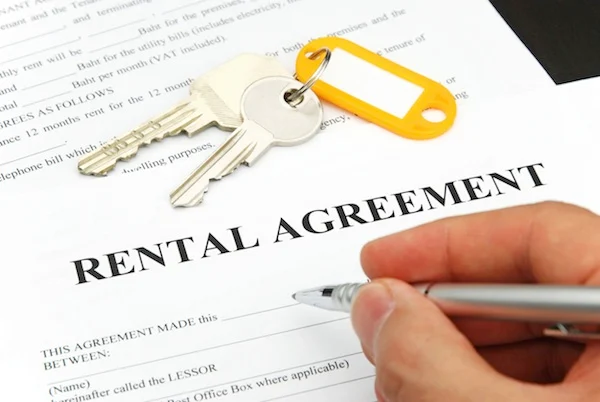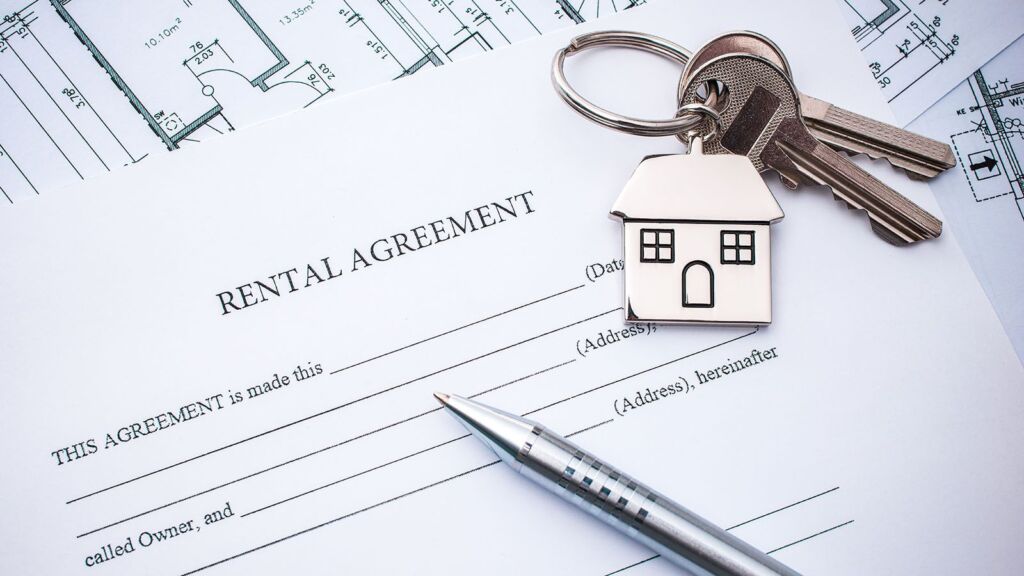ADU Uncategorized
March 5, 2023
As a landlord, one of the most important decisions you will make is choosing who to rent your rental unit to. This decision can affect your income, property, and relationships with tenants. Therefore, it’s essential to have a clear strategy in place for evaluating potential tenants.
The first step in choosing a tenant is to create a clear rental application form. This form should ask for information such as employment history, references, credit score, and criminal records. You can also include questions about the tenant’s lifestyle and habits to ensure they’re a good fit for your property. Once you receive the application, make sure to verify each detail provided.
The next step is to conduct a thorough background check. Many landlords outsource this important task to companies that specialize in tenant screening. These services can provide you with a wealth of information, including criminal history, financial statements, eviction records, and more. Using this information, you can weed out tenants that may cause problems down the line.

Another way to evaluate tenants is by conducting an interview. Talking with potential renters can give you a sense of their personality, communication skills, and attitude towards renting. You can use this opportunity to clarify any questions you may have about their application. It’s also a good time to discuss any rules or expectations you have for your property.
Before making a final decision, make sure to check each applicant’s rental history. Contact previous landlords to inquire about their experience with the tenant. This can help you identify any red flags or warning signs that may have been overlooked during the application process.
Finally, consider your intuition. Even if you’ve followed all the steps above, you should trust your gut feeling. If something feels off about an applicant, it’s probably best to decline their application. Renting your property to the right tenant is about creating a positive and safe living environment for everyone involved.
As you can see from the above, choosing a tenant for your rental unit requires careful consideration and thorough evaluation. By creating a clear rental application, conducting background checks, interviewing applicants, checking rental history, and trusting your intuition, you can find a tenant that aligns with your values and preferences. A good tenant can ensure consistent income, lower vacancy rates, and peace of mind as a landlord.




Here are 10 good practices to follow when evaluating a new potential tenant for your ADU:
1. Consider conducting thorough background checks:
Screen potential tenants by conducting background checks that include credit history, criminal records, and eviction history. This helps ensure you are selecting a tenant with a reliable track record.
2. Verify income and employment:
Request proof of income, such as pay stubs or employment verification, to confirm the tenant’s ability to afford the rent. Aim for tenants with a stable and sufficient income to meet their financial obligations.
3. Check references:
Contact previous landlords to obtain references from previous rental experiences. This can provide insights into the tenant’s reliability, cleanliness, and adherence to lease agreements.




4. Set clear rental criteria:
Establish clear rental criteria upfront, such as minimum credit score requirements or income-to-rent ratio. This helps ensure consistency and fairness when evaluating potential tenants.
5. Communicate openly:
Engage in open and honest communication with prospective tenants. Ask relevant questions to assess their suitability, clarify any concerns, and ensure mutual understanding of expectations.
6. Evaluate tenant stability:
Look for tenants who demonstrate stability, such as longer-term employment or residence history. Frequent moves or job changes may indicate potential risks or issues.
7. Assess personal character:
While it’s important to focus on objective factors, consider evaluating a tenant’s personal character during the screening process. Trustworthy, responsible, and respectful individuals are more likely to be reliable tenants.




8. Understand occupancy requirements:
Ensure the tenant understands and complies with any occupancy requirements, such as limitations on the number of occupants or pet policies, if applicable.
9. Obtain renter’s insurance:
Encourage tenants to obtain renter’s insurance, which can help protect their belongings and reduce the potential for liability issues.
10. Use a written lease agreement:
Utilize a comprehensive written lease agreement that outlines the terms, conditions, and responsibilities of both parties. This helps protect your interests and ensures clarity in the landlord-tenant relationship.





